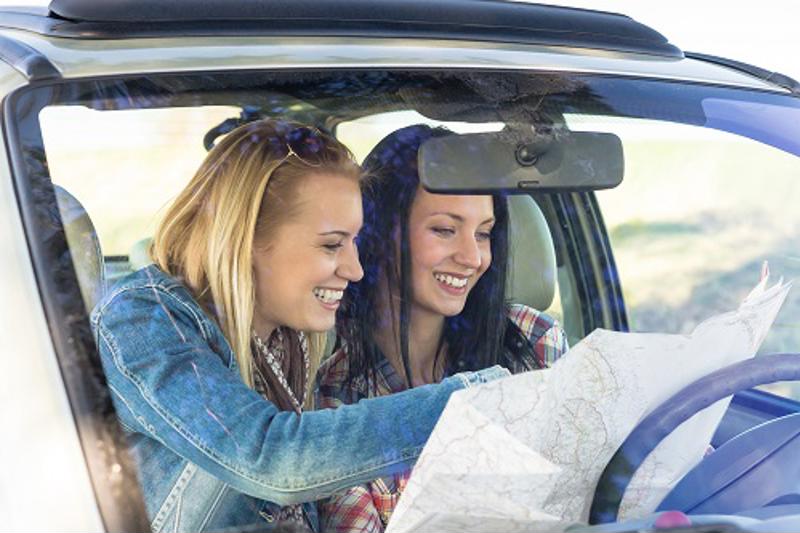Travel can expose you to cultures and experiences that broaden your scope and enrich your soul. Goals can include checking items off your bucket list, enjoying renowned cuisine and seeing the wonders of the world. However, a primary concern for many travellers is their safety when traveling abroad.
You can protect yourself during travel abroad by considering the following potential circumstances and preparing before the trip to minimize your risk.
Property and Identity Theft
In many places, the chances of actual harm to your person are low, but petty theft is an art for those who see tourists as easy targets. On a practical end, leave expensive jewelry and watches at home, and refrain from flashing cash. Consider buying an inexpensive mobile phone with a pay-as-you-go chip for use on your trip (these are often sold at an airport kiosk at your destination).
If your hotel offers a safe, consider leaving your passport locked in it when you venture out for the day. As Life Lock noted, thieves look to steal passports so they can also steal the owner's identity.
Exchange money into local currency and carry a small amount. Learn the currency and exchange rate, and the approximate prices for commonly purchased items to avoid being taken advantage of. Embrace the inner-belt wallet (or even the unsightly fanny pack). Consider obtaining a radio frequency identification (RFID) blocking wallet to protect your personal information from credit card/passport skimmers.
 Plan each stage of your trip in advance.
Plan each stage of your trip in advance.
Identification and Customs Issues
Getting stranded in a foreign country due to lack of proper documentation can put a significant damper on your experience. Before leaving home, check your passport's expiry date. Also look up the locations of and contact information for embassies and consulates both in your destination and itinerary pass-through countries.
If travelling with children, make sure you have information to prove your guardian rights as well as any other guardian's permission for you to travel with them outside the province or country.
Research import/export laws in each country you plan to visit to ensure that you don't accidentally try to take something through customs you should not. If you plan to purchase items at duty-free shops, consider having a piece of luggage devoted to those items for ease of review at customs checkpoints.
Personal Safety
Check the travel safety advisories for your destination and evaluate your risk if you travel to a country suffering from civil unrest, or where tourists are known to be targets of assault or kidnapping. Certain countries are safe for outsiders as long as tourists stay within resort areas, but venturing outside these areas can be dangerous.
Always stay aware of your surroundings, and travel in groups. Don't overindulge in alcohol, leave a drink unattended or accept opened beverages or poured drinks from strangers. A local guide with trusted references can prove invaluable. Guides will often have inside knowledge of attractions that are off the beaten path but can also advise you as to your safety.
"Be aware of the laws in the country you are visiting."
Be aware of the laws in the country you are visiting, as you will not be exempt. Many countries have no provision for judicial interim release.
Illness or Injury
Check with your travel health clinic to see if they recommend any vaccinations for the region(s) you will be visiting. Ensure you have adequate medication for your trip, and only carry as much as you need plus a few days' worth in the original prescription bottles. If you are diabetic and require injections, keep a doctor's letter with your ID so you won't be forced to surrender your kit.
Wear a medical alert bracelet if you have any pre-existing conditions or allergies. If you are able, having a short medical history translated into the language of your destination country can allow you to relay basic medical information such as your blood type, any previous surgeries or health issues, and so on.
Obtain adequate travel insurance before your trip. This coverage should include hospital, ambulance, and physician assistance in case of illness or injury; emergency evacuation if required; and ideally translator services if you require them to obtain the best possible medical care.
Don't be afraid to launch yourself into the great unknown, but do take sensible precautions. Planning ahead can make your trip a safe, fun and memorable experience.